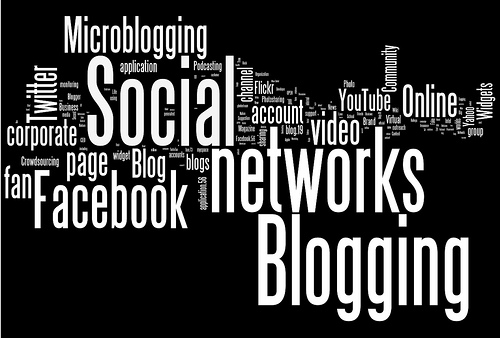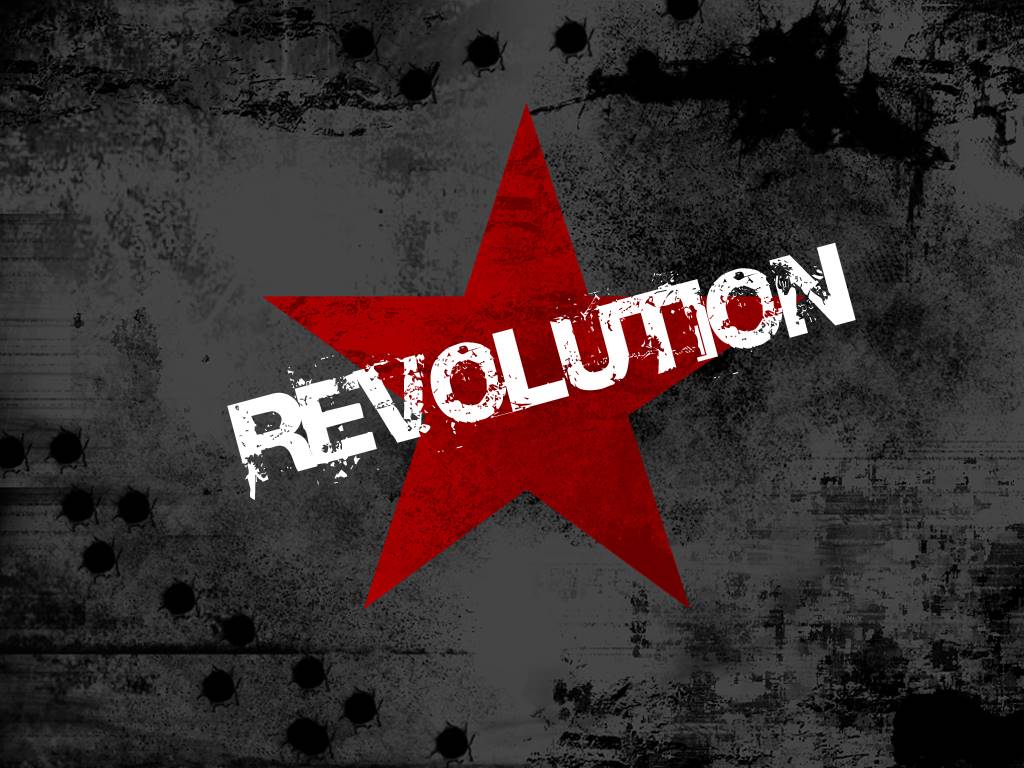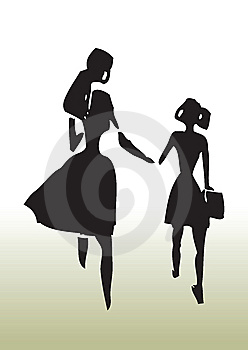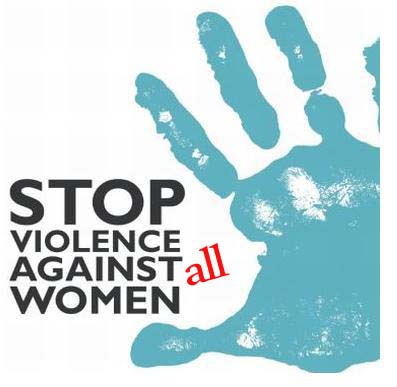Despite the richness, diversity, and complexities that shape the landscape that is my homeland, Africa is often depicted as one big safari (or war zone). Why is that? Because Africa’s stories are rarely told by Africans themselves.
-
-
Tokenization is Oppression’s Most Powerful Weapon: My Thoughts on Storify
The other day, I was reflecting on tokenization and shared a few of my thoughts. I often tweet when I should be writing, which is why storify is a great tool for someone like me who's very busy, and doesn't always have time (read: procrastinates) to write full essays.
-
Happy Mother’s Day from a Queer African Daughter to Her Mama
I found this poemthing I wrote about Mother's Day in my journal from about 2 or 3 years ago. I hadn't officially had "the talk" with my mother, and though she already knew I was dating women, she seemed determined to avoid talking about it. So, instead, we talked about…
-
Afrofeminism - Blog - Creative Corner - Gender and LGBT Issues - Movement-Building - Poetry - Race, Culture, Ethnicity - Thought Leadership
Reflections from a Woman of Color on the War on Women: “My Sisters-in-Arms, We Are Not United”
I'm sharing the remarks I gave at the MA Women United Against the War on Women rally in Boston (in poem-ish form). I found myself thinking about the concept of "unity," and the fact that so many women of color, immigrants, transgender women etc are often left out of mainstream…
-
African Feminism - Afrofeminism - Blog - Gender and LGBT Issues - International Development - LGBT Africa - Philanthropy - Social Commentary
The African Union Protocol on the Rights of Women: Progress and Pitfalls for LGBT Rights
The African Union Protocol on the Rights of Women is the first comprehensive legal framework for women’s rights in Africa that seeks to "improve on the status of African women by bringing about gender equality and eliminating discrimination." Except, it doesn't explicitly name protections for LGBT African women. Moreover, Liberia…
Online rulet oyunları gerçek zamanlı oynanır ve online slot casino bu deneyimi canlı yayınlarla destekler.
İnternet üzerinden eğlence bahsegel giriş arayanlar için deneyimi vazgeçilmezdir.
Kullanıcıların hesaplarına hızlı ve sorunsuz bettilt ulaşabilmesi için adresi her zaman güncel tutuluyor.




